Energy Efficiency Innovation Center, Tool Library & Data Visualization

The Department of Commerce is the one agency in state government that touches every aspect of community and economic development: planning, infrastructure, energy, public facilities, housing, public safety and crime victims, international trade, business services, and more. We work with local governments, tribes, businesses, and civic leaders throughout the state to strengthen communities so that all residents may thrive.
Commerce is home to the Washington State Energy Office, which reviews energy issues and develops policies and actions that will achieve the state’s climate protection goals. We provide energy policy support, analysis, and information to the state, as well as energy grants to Washington state entities.
Below are some highlighted programs within the Washington State Energy Office. Visit the Energy homepage for a complete list of other grant and programs.
Clean Buildings Performance Standard
In 2019, the Clean Buildings bill was signed into law, expanded in 2022, and augmented in 2023. The objective is to meet the state’s energy goals and to lower energy costs and pollution from fossil fuel consumption in the state’s existing covered buildings, multifamily buildings, and campus district energy systems. Commerce is the administrator of the Clean Buildings Performance Standard. The standard applies to Tier 1 (greater than 50k SF) and Tier 2 (between 20k-50k SF, including all multifamily greater than 20k).
Clean Buildings Programs
Clean Buildings programs focus on improving energy efficiency in public and residential buildings, supporting weatherization efforts for low-income households, and promoting community-wide energy efficiency. These initiatives aim to reduce energy consumption, lower operational costs, improve indoor air quality, reduce community energy burdens, and reduce greenhouse gas emissions in the building sector.
Weatherization
Weatherization helps to reduce energy costs for low-income families by increasing the energy efficiency of their homes. Weatherizing a home has a positive impact in communities and additionally helps economic growth and reduces environmental impacts.
Clean Energy Transformation Act (CETA)
The Clean Energy Transformation Act (CETA) (SB 5116) became law in May 2019. It commits Washington to an electricity supply free of greenhouse gas emissions by 2045. This will let the state replace fossil fuels in end uses and achieve long-term climate goals.
Energy Programs in Communities (EPIC)
The Energy Programs in Communities (EPIC) unit, a part of the Energy Division and State Energy Office, is responsible for designing, developing, and implementing initiatives that enable communities to be a part of the clean energy transition.
